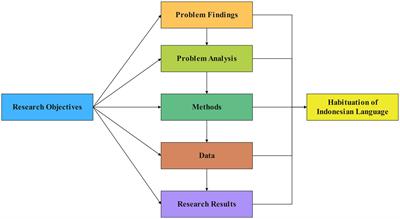EDITORIAL
Published on 13 Aug 2024
Editorial: The centralization and racialization of language policy: implications for the ‘below'
doi 10.3389/fcomm.2024.1472674
- 565 views
3,040
Total downloads
17k
Total views and downloads
EDITORIAL
Published on 13 Aug 2024
POLICY AND PRACTICE REVIEWS
Published on 25 Jun 2024
CORRECTION
Published on 02 Feb 2024
ORIGINAL RESEARCH
Published on 15 Dec 2022

ORIGINAL RESEARCH
Published on 05 Jul 2022
